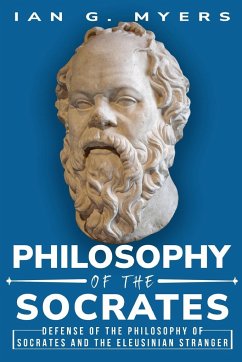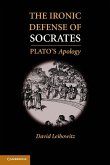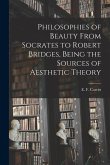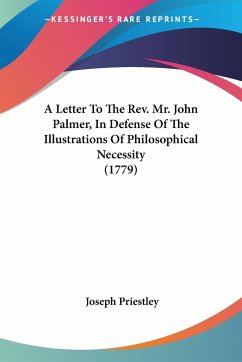Only in his Statesman does Plato present a philosopher of the caliber of the Eleatic Stranger giving a non-Socratic teaching on politics and political philosophy with the mature Socrates in the audience. By doing so, he implies that the decisive comparison-the precondition for understanding Socratic political philosophy in its uniqueness-is between his Socrates and Eleatic Stranger. But the Stranger and Socrates also, as I aim to show here, share a basic agreement about the purpose of political inquiry: inquiry into politics and human nature is according to both thinkers necessary for a defense of philosophy as a whole. In the following, I argue that the Stranger, like Socrates, turned to political theorizing to respond to the anti-rationalist challenge posed by the claims of the great poet-teachers of Greece, Homer and Hesiod, whose poems, by asserting either that irrational, omnipotent divinity exists or that the universe came into being without a cause, deny the existence of necessary causes. I argue as well that although they understand this challenge in a similar way, Socrates and the Stranger focus on different puzzles of political and ethical life, that they have different opinions about the good that can be achieved in a political community, and that those different focuses and opinions lead to different approaches to defending rationalism. Socrates, on my reading, thinks that a critical analysis of our opinions about virtue and happiness is the decisive ingredient in a response to the theological challenge, while the Stranger thinks that a critical analysis of law as such is the decisive ingredient in such a response.







